In recent years, words related to English, concepts of information technology, socio -economic activities, 4.0 technology idioms, jargons... have flooded into modern Vietnamese.
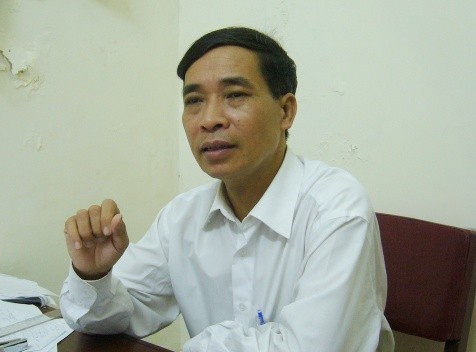 |
| Assoc. Prof. Dr. Pham Van Tinh |
Speaking with The Gioi va Viet Nam newspaper, Associate Professor, Dr. Pham Van Tinh, Director of the Center for Vietnamese Studies, mentioned a number of issues related to the Vietnamese language today, especially the language of young people in the new technology era.
Observing the use of Vietnamese in daily life and on social networks, especially among young people, what do you think about the current use of Vietnamese?
Vietnamese has undergone great changes in recent years. Language is a social phenomenon. Normally, any language changes over the course of history, reflecting society.
Of the three elements that make up the language system (phonetics, vocabulary, grammar), vocabulary changes the most and the fastest. It can be said that Vietnamese has become “richer and more beautiful” in recent years. But it must also be said that there are many concerns about the actions of a group of Vietnamese people that affect the richness, beauty, and purity of the language.
Can you be more specific?
Lexicographers have conducted surveys and statistics on the number of new Vietnamese words in recent times, especially during the period when Vietnam began its renovation, opening up, integration and integration (from 1990 of the 20th century to the present - the 20s of the 21st century). Two research topics in two periods (1990-2000 and 2000-2010) showed that there were nearly 4,000 new words appearing in Vietnamese, in the direction of endogenous (from within Vietnamese) and exogenous (from foreign languages imported into Vietnamese).
That is a remarkable number when in the first half of the 20th century, Vietnamese only added 7,000-8,000 new words. Words related to English, to concepts of information technology, to socio-economic activities, to 4.0 technology idioms, jargons... have flooded into modern Vietnamese. And in that influx, there are both "fragrant flowers and wild grasses".
How is Vietnamese facing the challenge of being distorted, hybridized, and deviant?
In my opinion, the penetration of foreign elements cannot distort the "soul" of Vietnamese. Also because the number of imported words is only insignificant in the national vocabulary (according to the latest Vietnamese Dictionary, edited by Hoang Phe, Center for Lexicography (2020), there are 46,890 entries).
New words such as soft copy/hard copy, update, flea market, used goods, roll tan, quay, rau sac, sieu quay, supermarket, tin hac, trinh tro, vi tinh, xe om... Or like xe can hen (second hand), email, fan, fax, file (file), marketing, mini, module, picnic, RAM, ROM, tuoi teen, Ux (U19, U23, U50...)... have become normal to everyone in the Vietnamese community. The distortion and deviation lie in the way many people speak and write, mainly among young people.
Is technology affecting young people's language?
Technology is part of that transformation. Technology is in the hands of young people and they have taken advantage of “modern ways of speaking” by using abbreviations, English and Vietnamese abbreviations or using “pidgin” English. For example, OK (good, agree); Gn2y (Have a nice night) (g = good, n = night, 2 = two, close to to, y = you); xì-tai (style, stylish); đì-dai (designe, design); like is afternoon (like is afternoon) (like = like, is = then, afternoon = afternoon, afternoon); no 4 go (vo tu di) - (no = vo, 4 = tu, go = go); lik kik (licky); lun lun (always); jui wá troi lun (vui qua troi luon); bh (now); mine khong gử nữ (I can’t stand it)…
It can be said that there are many ways of speaking mixed with English. In addition, there are also school jargon and slang, such as calling parents "seniors"; calling being criticized or disciplined "salute the flag"; calling money "dried blood"; calling a girlfriend "brown-haired chicken"; going to the park to play is called "going to see Indra"...
In the context of national integration, cultural and social exchanges require language to change to meet new communication needs. Therefore, how necessary is the task of preserving the purity of Vietnamese, in your opinion?
The phenomenon of using language that deviates from the standards of vocabulary, phonetics, and spelling is the “distortion” of Vietnamese. Although the “alienated” language behavior of a group of people, of some young people, is just a way of speaking of an “individual language”, sometimes it is only to satisfy the humorous and playful colloquial way of speaking. This teenage code language “lives parasitically” in the heart of the national language.
It uses existing words, syntactic structures and speech rituals that are used by everyone to “transform” them in their own way. Unfortunately, this strange way of speaking and writing is promoted and “created” by the young generation to be more modern. And this is dangerous, if the young generation does not bother to improve their mother tongue but instead follows non-standard language fun, their Vietnamese language skills will certainly be damaged.
So what specific things do we need to do to preserve the purity of the Vietnamese language?
Language education in schools is an important task. It requires the combination of family, school and society. American physician and educator B. Spock once said: "A child is only spoiled when educational mistakes are repeated over a long period of time".
Making a mistake once may be okay, but repeated mistakes become habits that are hard to break. We should not let young people forget Vietnamese by violating, or even breaking, the language standards that have been formed from history, culture, and national traditions.
From a linguistic and cultural perspective, what do you think about the responsibility of the press and media in disseminating culture today?
The press plays an important role in promoting and guiding people in the community to speak correctly and write correctly; moreover, they must speak well and write well. The press is always considered the standard, so all its products have the value of spreading. Many journalists, because of haste, lack of knowledge and expertise, have very sloppy and reprehensible writing styles.
Mistakes and bad things keep multiplying and are very difficult to correct if they are accepted by everyone. The national language (the language and way of speaking of Vietnamese) is one of the factors that make up the soul and culture of the nation. Journalists, in addition to knowledge and expertise, must also be cultured in order to write correctly, well, and deeply. Good things are always new and they will be the "standard flag" for everyone to follow.
Thank you!
Associate Professor, Dr. Pham Van Tinh, former General Secretary of the Vietnam Linguistics Association, is the author of a series of publications on language: Opacity and ellipsis in Vietnamese (Social Sciences Publishing House, 2002), A Day's Journey (Labor Publishing House, 2003), Vietnamese: From Words to Meanings (Encyclopedia Publishing House, 2004), Vietnamese from Life (Tre Publishing House, 2004), Beauty: How to Eat, How to Speak (Tre Publishing House, 2005), Discussing Words and Meanings (Culture and Information Publishing House, 2007), Loving Vietnamese (4 volumes, Kim Dong Publishing House, 2008), Vietnamese: Journey Through Crosswords (Tri Thuc Publishing House, 2009), Interpretation of Folk Songs, Idioms, and Proverbs (Kim Dong Publishing House, 2013)... Although he is devoted to the Vietnamese language, Associate Professor Dr. Pham Van Tinh is also famous for his modern thinking. He is an advocate for changing the language with the times and listening to the creativity of young people. |
Source


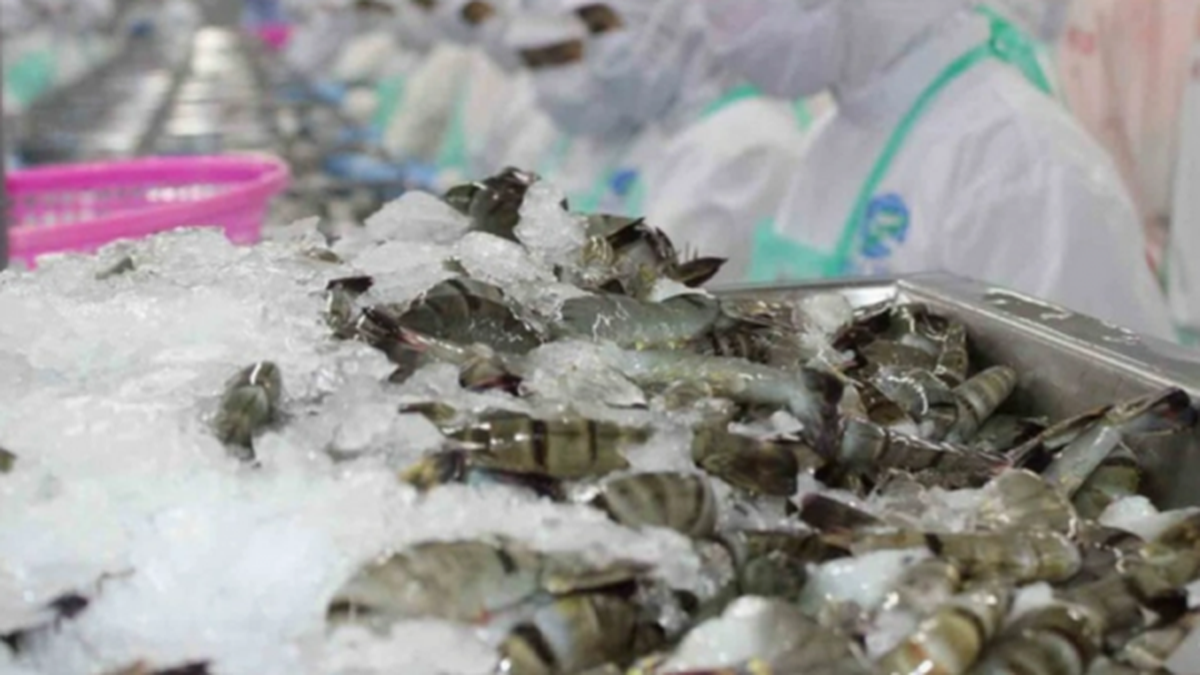

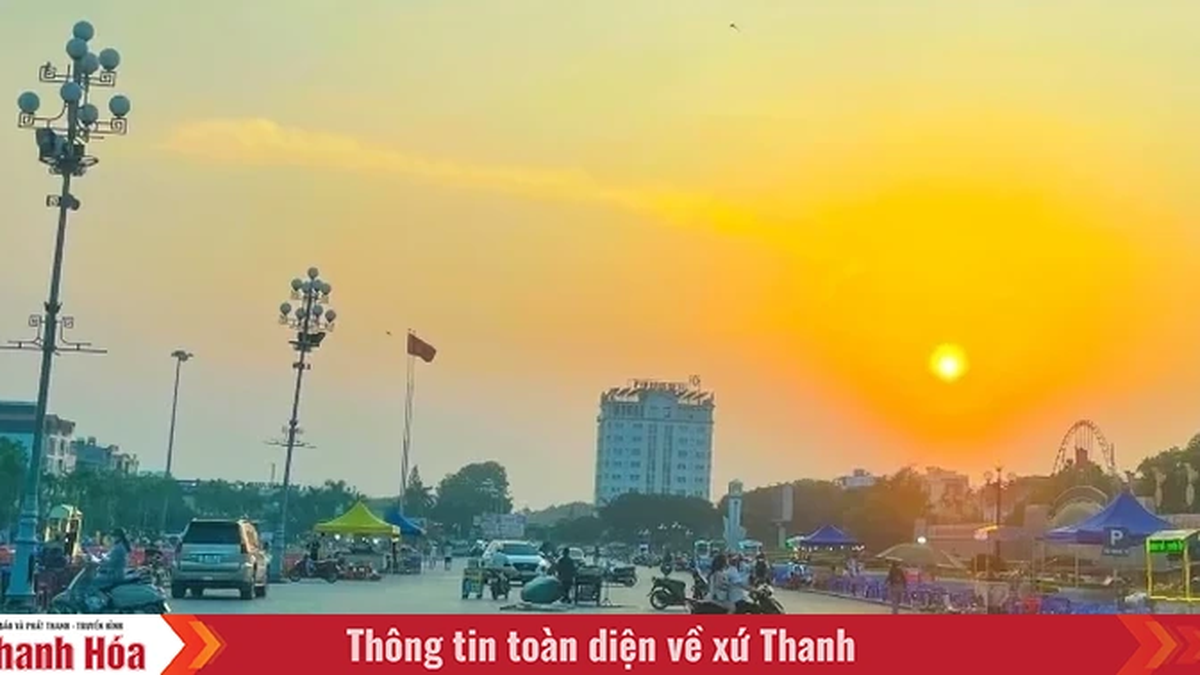
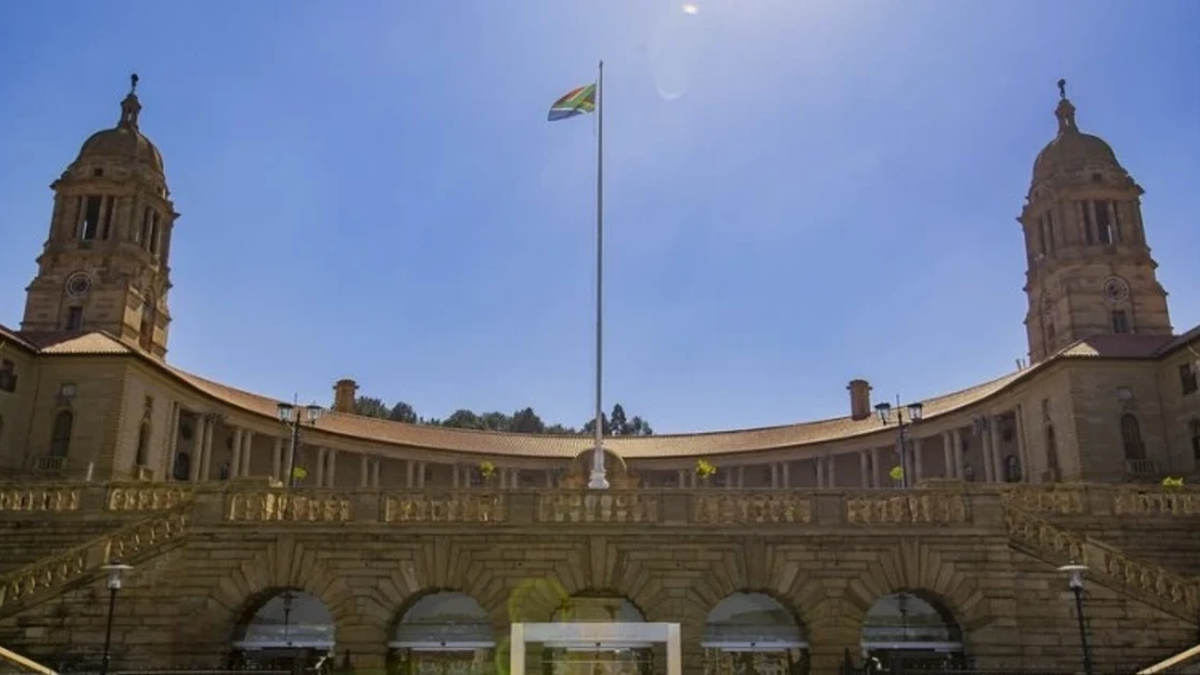

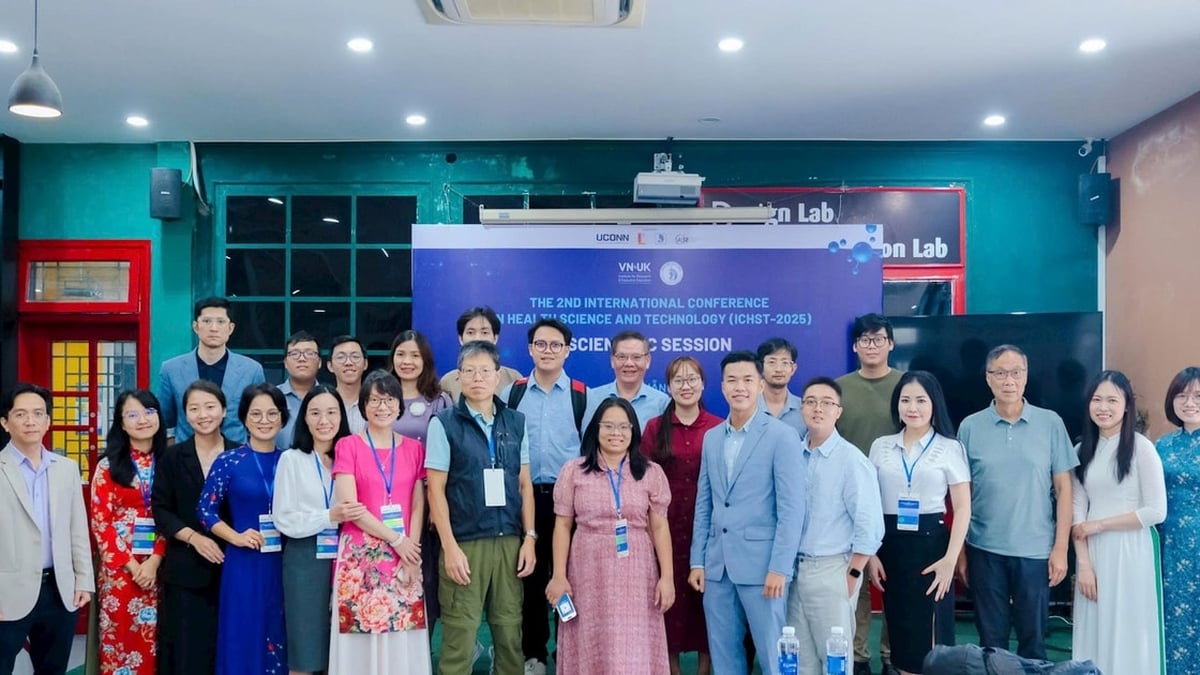

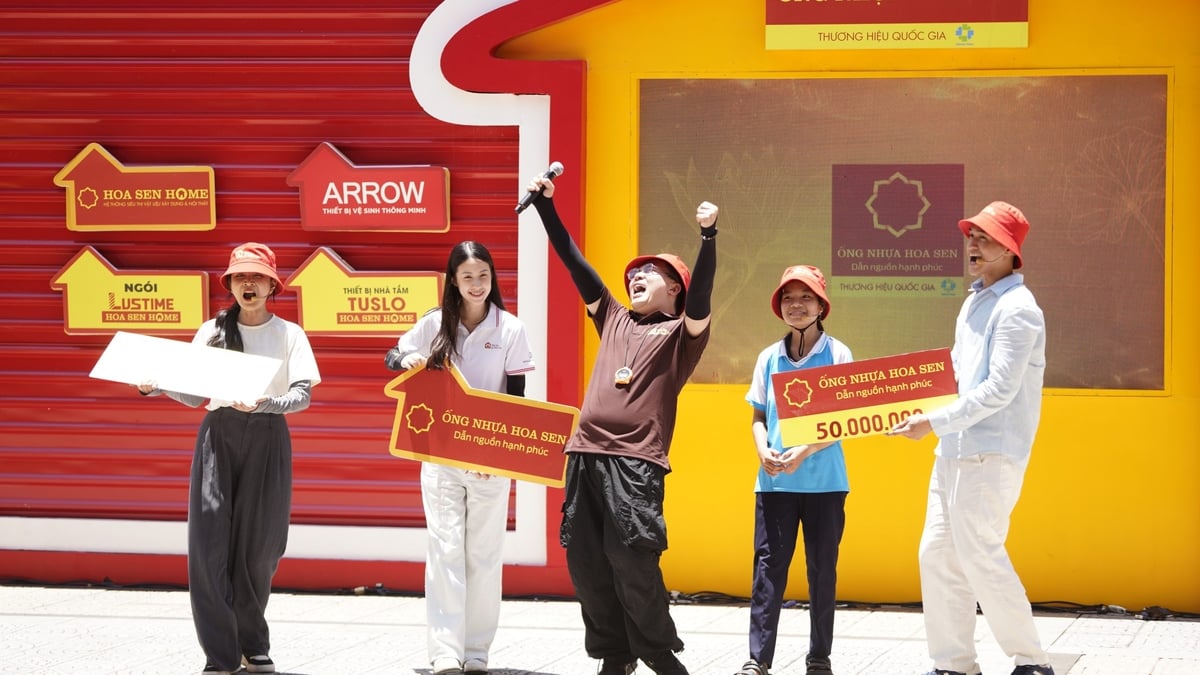

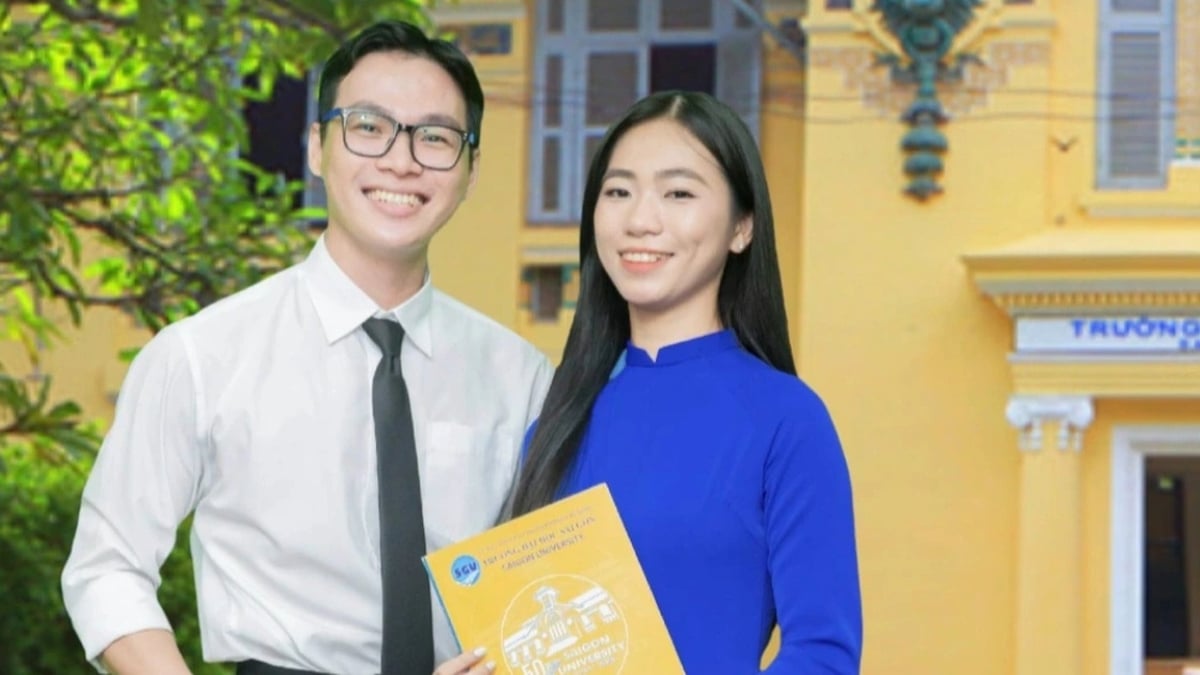













































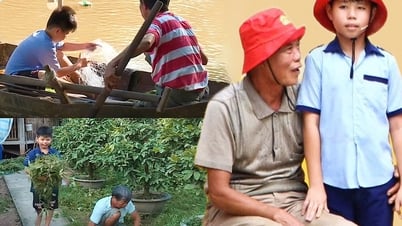


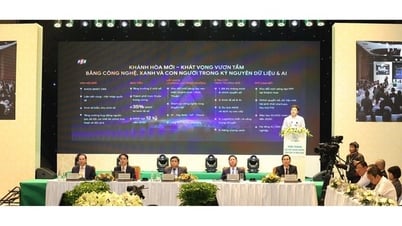


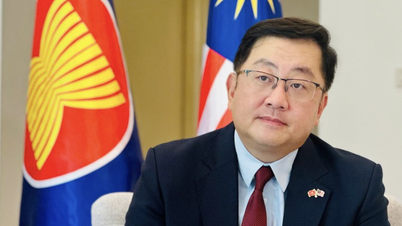


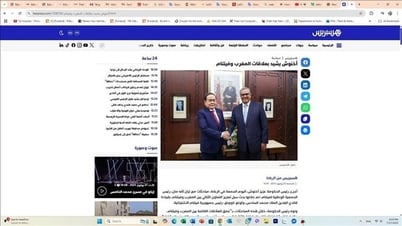

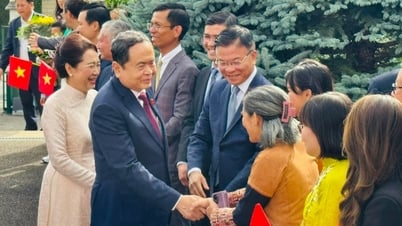

























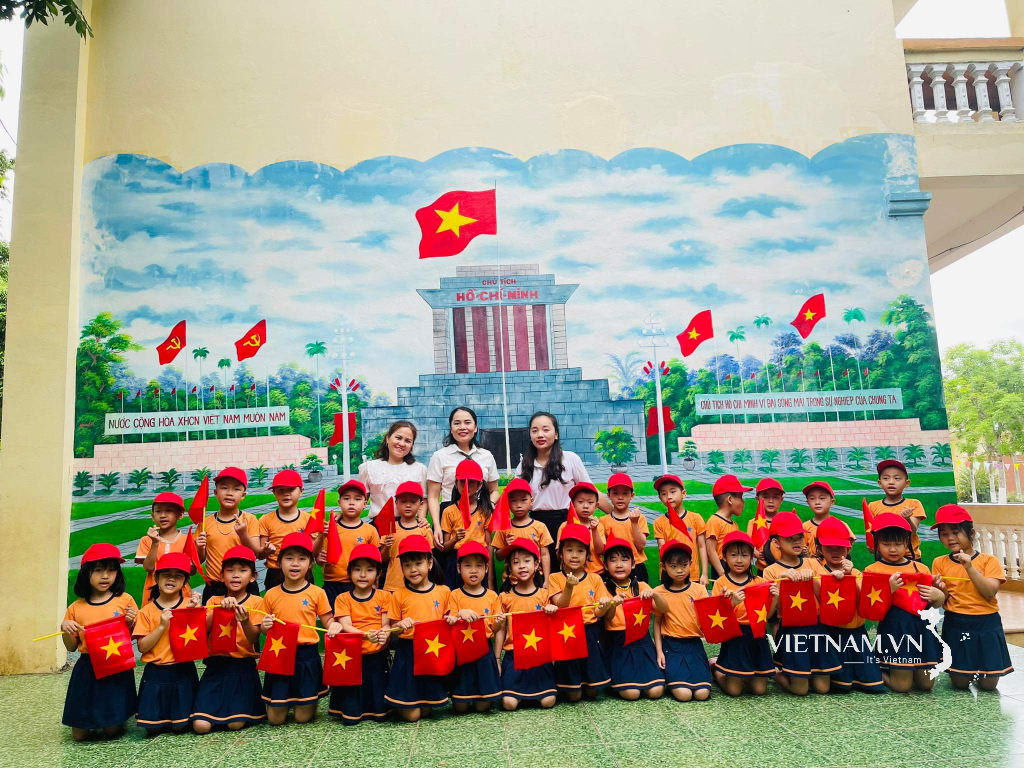

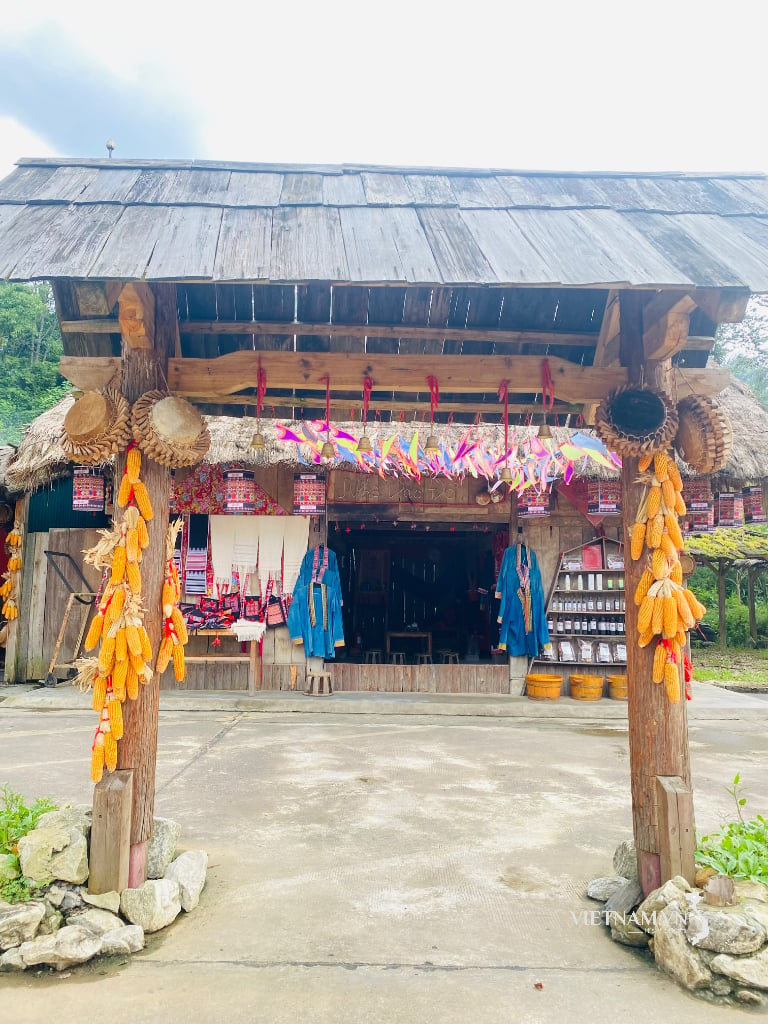
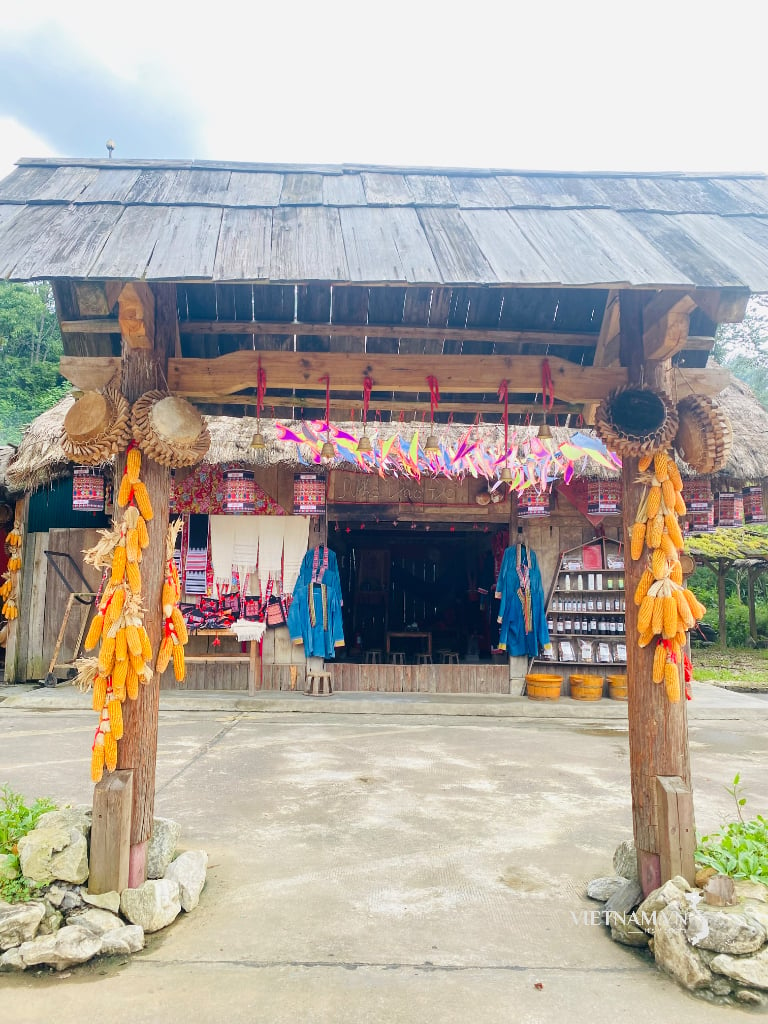
Comment (0)